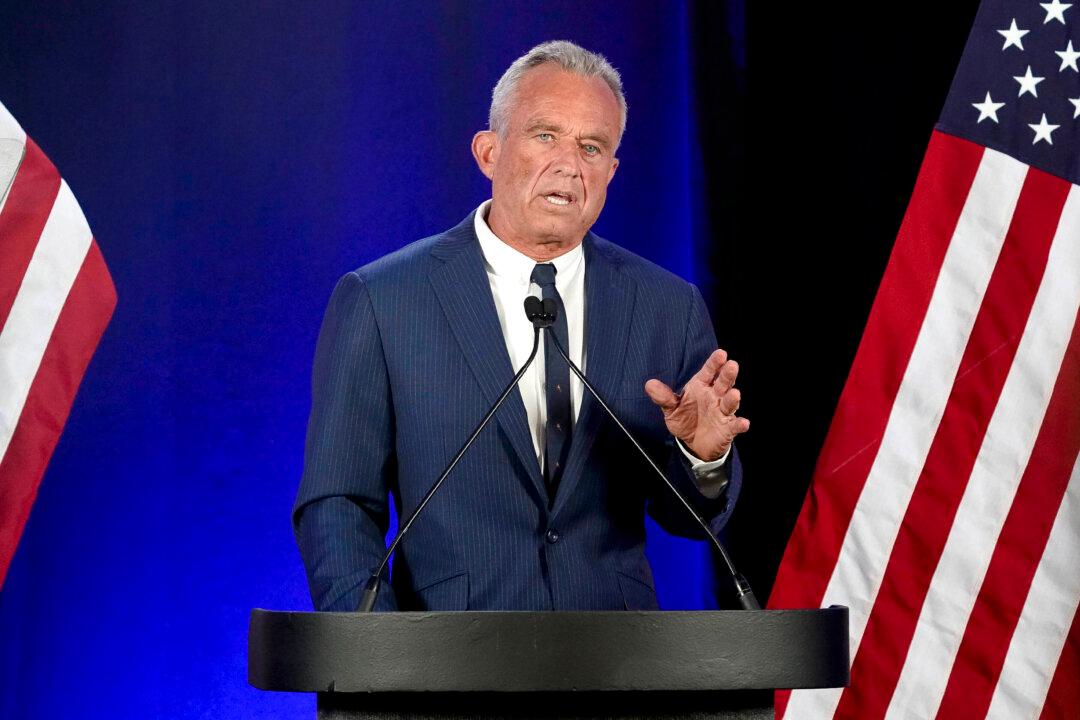The U.S. Supreme Court on Sept. 27 denied Robert F. Kennedy Jr.’s request to put his name back on New York’s presidential ballot after a lower court disqualified him.
Justice Sonia Sotomayor referred the emergency application in Team Kennedy v. Berger to the full court, which denied it without comment in a one-sentence order.





